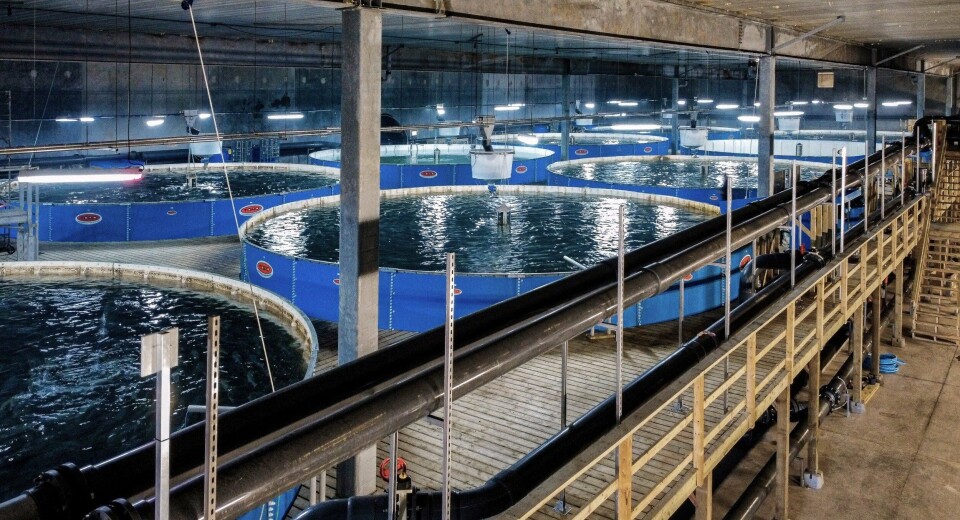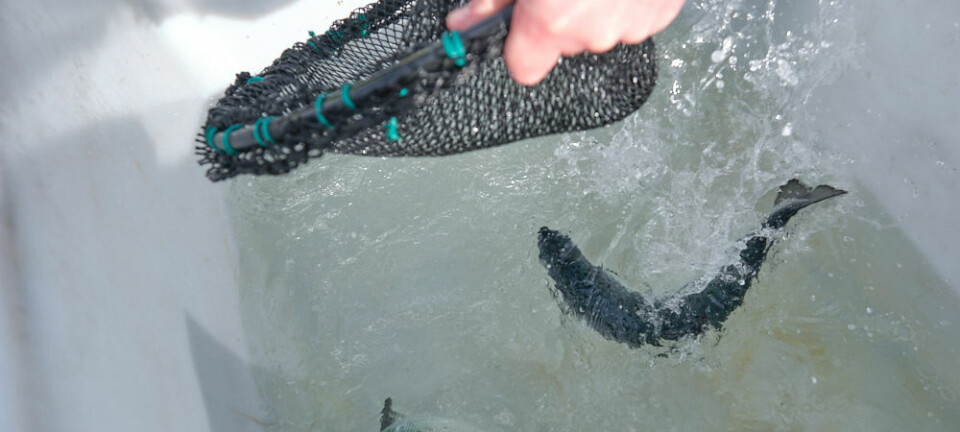
100,000 fish die in Canadian RAS farm
Filter collapse blamed for loss at Nova Scotia facility
A Canadian land-based salmon farming company has lost 100,000 fish in a die-off at its facility in Nova Scotia, according to reports on aquaculture websites IntraFish and Undercurrent News.
Sustainable Blue chief executive Kirk Havercroft told IntraFish that the incident on November 4 was due to a structural collapse in the biological filter in one of its six production buildings and will create a seventh-month production lag for the company. The fish that died were the company’s largest, between 2-4 kilos.
He said the incident was related to construction and not a fault with the recirculating aquaculture system technology the company uses.
The company expects to resume production in the building in March.
Sustainable Blue says its unique system discharges no effluent back into the environment and has the capacity to produce 1,000 tonnes of salmon annually.
Franz's favourite
In April, Washington State’s public lands commissioner Hilary Franz, who has shut down open net pen salmonid farms in Puget Sound, signed a partnership agreement with Sustainable Blue to identify opportunities for siting sustainable finfish aquaculture in the state.
Franz said: “This agreement represents an important step toward restoring finfish aquaculture in a sustainable, healthy way that does not pit farmed fish against the native salmon we all work so hard to sustain.”
“This is a different path forward, and we’re thrilled to have the State of Washington on board to chart this new path in the United States,” said Kirk Havercroft at the time. “What we know is that all RAS systems are not created equal; Sustainable Blue offers a proven, long-running, zero discharge system that provides food security and economic stimulation, as well as consistency in product and market supply.”























































